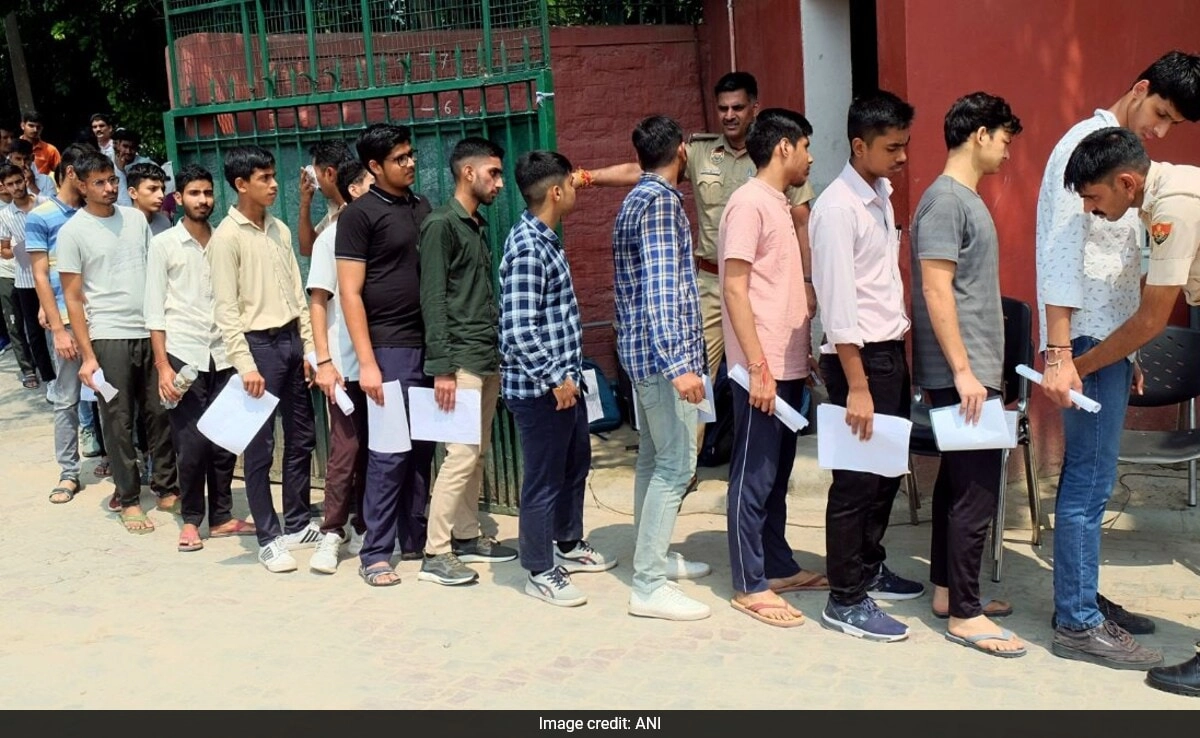The UPSC Civil Services Examination (CSE) Prelims for 2025 is generating significant interest among aspirants, and staying informed about the examination pattern is crucial for effective preparation. The preliminary examination serves as the first stage in the rigorous selection process for various civil services in India, including the prestigious Indian Administrative Service (IAS), Indian Police Service (IPS), and Indian Foreign Service (IFS), among others. Understanding the structure and format of the exam is essential for candidates to strategize their study plans efficiently.
The UPSC CSE Prelims consists of two objective-type papers: General Studies Paper I and General Studies Paper II, commonly known as the CSAT (Civil Services Aptitude Test). Paper I evaluates candidates on a broad range of subjects, including current events, history, geography, polity, economy, environment, and general science. It is designed to assess the analytical abilities and knowledge of candidates across diverse topics. On the other hand, Paper II, the CSAT, tests candidates’ comprehension, logical reasoning, and quantitative aptitude. Although it is qualifying in nature, candidates must secure at least 33% to move forward to the Mains examination.
The examination is typically held in the month of June, and candidates must be well-acquainted with the syllabus and exam pattern to maximize their chances of success. The total marks for the Prelims are 400, with each paper carrying 200 marks. Candidates are advised to refer to the latest official UPSC notifications and updates to ensure they are aware of any changes to the exam format or syllabus. Additionally, it’s important for aspirants to develop effective time management skills and practice through mock tests and previous years’ question papers to enhance their performance on the day of the exam.
As the 2025 UPSC CSE Prelims approaches, effective preparation strategies become paramount. Candidates should maintain a disciplined study schedule, focusing on both breadth and depth of knowledge across various subjects. Engaging with current affairs through newspapers, journals, and online resources will also help candidates stay updated with the latest developments relevant to the examination. Moreover, joining study groups and discussion forums can provide valuable insights and support among peers, fostering a collaborative learning environment that can be beneficial in the long run. As the date draws nearer, maintaining a positive mindset and resilience will be key factors in overcoming the challenges of this competitive examination.




